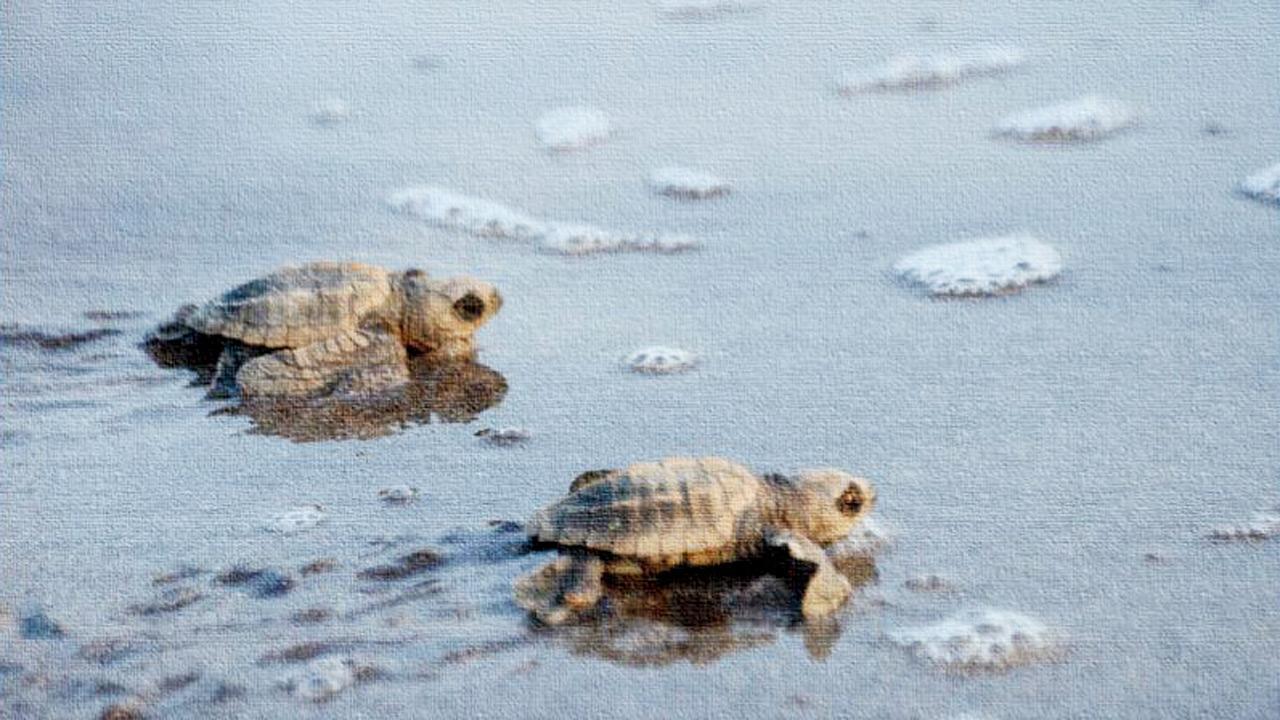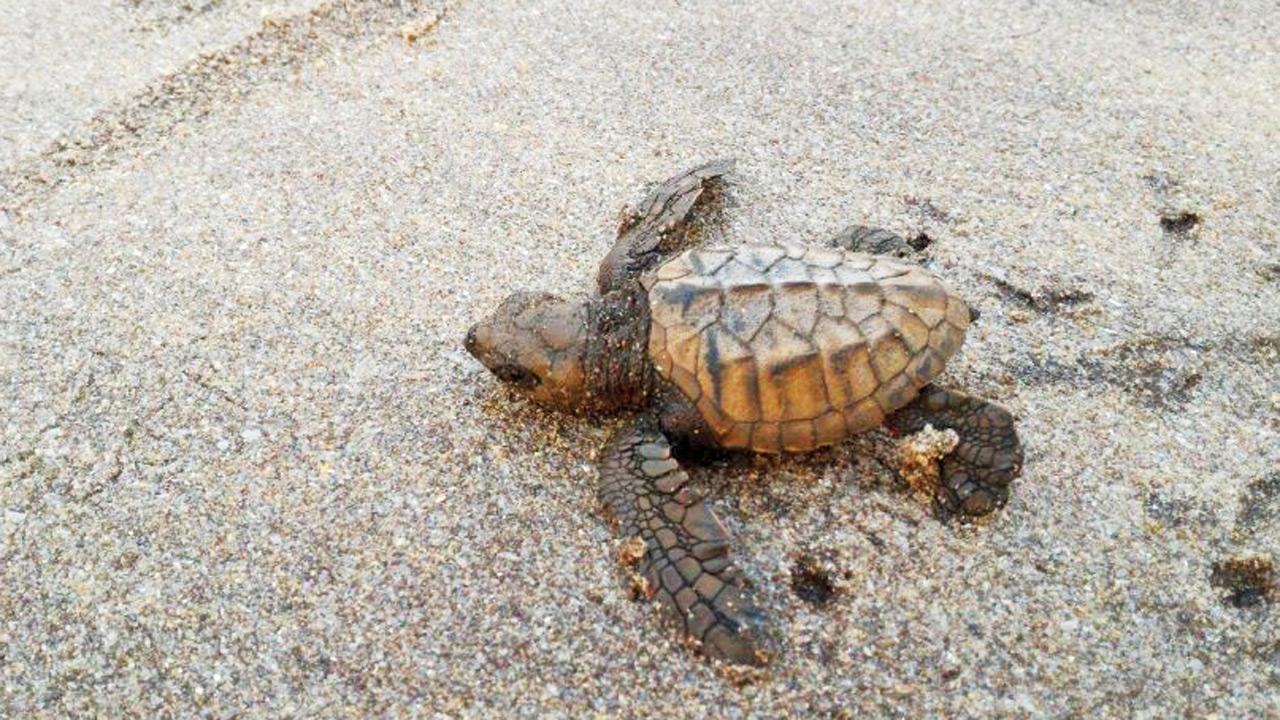Climate change forcing sea turtles to lay eggs on coast in summer instead of winter, finds a new study. This means incubation happens in April and May

The researchers studied the effect of rising temperature on hatchlings for three years
As changes in weather patterns force Olive Ridley turtles to show up on Maharashtra’s coast for nesting a bit late, it’s impacting the survival rate and sex of hatchlings, a recent study has found. For the past few years, the nesting season has shifted from winter to early summer, as per the research funded by the Mangrove and Marine Biodiversity Conservation Foundation of Maharashtra, Mumbai.
ADVERTISEMENT
The delay in nesting has pushed the incubation period, which is about 50-60 days, running into April and even May. Virendra Tiwari, additional principal chief conservator of forests and the head of Mangroves Cell, said they have collected temperature data from seven turtle nesting sites along the coast of Maharashtra. “The shift in the nesting season is a matter of concern as 33 degrees Celsius is the threshold temp for the turtle hatchlings and the success ratio decreases after this point. Thus, mitigation measures suggested in this study will be considered and implemented.”

The project, which is in its third phase, is being undertaken by Sumedha Korgaonkar, a PhD scholar from the Wildlife Institute of India (WII), Dehradun, and it was supervised by Dr K Sivakumar, the Scientist & HoD of Endangered Species Management at WII.
Korgaonkar said, “Three years of the project gave a good insight about the various effects of high temperature on the protected nest viz: hatchlings trapped inside the nest due to hardening of sand, late-stage mortality of embryos, increased incidence of predatory ant attack due to increase in incubation temperature.”
The study not only pointed out indirect effects of climate change like an increase in seawater but also a shift in nesting season from winter to summer, said the researchers. The study also found that the increase in temperature during incubation impacts the sex ratio of released hatchlings.
Korgaonkar in her report said efforts were made to lessen the impact of heat by using green shade nets but it was not enough to serve the purpose of keeping the incubation temperature below 33 degrees Celsius. While intermittent sprinkling of water or keeping a wet jute bag over an inverted cane basket did bring down the temperature, the study says, the hatchery can be erected in a sparsely dense casuarina plantation to control the heat in a natural way.
 Subscribe today by clicking the link and stay updated with the latest news!" Click here!
Subscribe today by clicking the link and stay updated with the latest news!" Click here!







